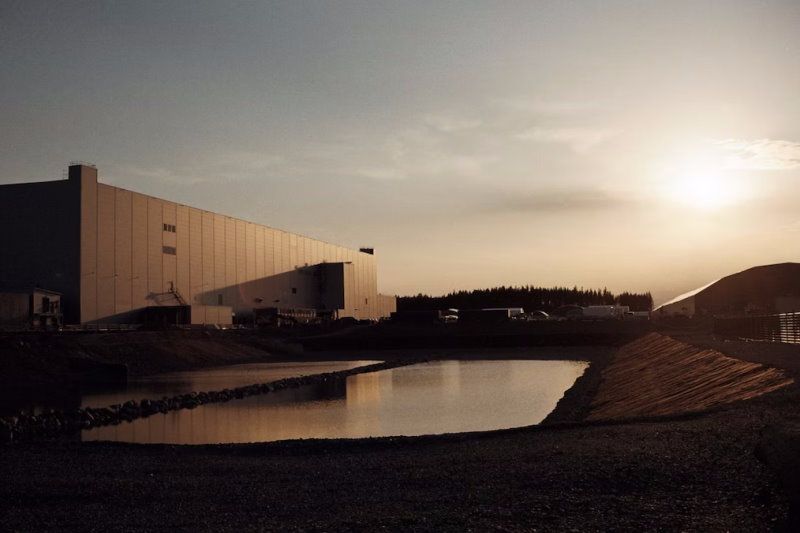
Sweden’s Northvolt touts sodium battery for energy storage applications
Northvolt has unveiled a sodium-ion battery claimed to be competitive with lithium-ion technology for energy storage applications. The Swedish battery firm says the newly developed sodium cell is safer and more cost-effective and is produced exclusively with minerals that are abundantly available. “Our sodium-ion technology delivers the performance required to enable energy storage with longer duration than alternative battery chemistries, at a lower cost, thereby opening new pathways to deploying renewable power generation. The potential of sodium-ion in this market alone will make a tremendous impact in the drive toward global electrification,” commented Northvolt CEO Peter Carlsson.
As a chemical cousin of lithium, sodium is a natural alternative charge carrier in batteries. Making up 2.3 percent by weight of Earth’s crust, sodium is much easier to come by than lithium, which constitutes about 0.002 percent of the crust. Sea water is also a potential source of sodium. Importantly, sodium’s physical and chemical properties are compatible with a wide range of electrode compositions, many of which can be made without critical metals such as nickel and cobalt.

Naturally, there are downsides, too. A sodium ion is bigger and heavier than a lithium ion, taking up more space and making it less mobile. The electrochemical characteristics of sodium result in lower battery cell voltages. Taken together, these properties produce a lower energy density: sodium-ion batteries store less energy per kilogram (Wh/kg) of battery.
This isn’t the end of the world. A high energy density is especially important if the battery is used to power electric vehicles – this maximizes range. For stationary applications, such as utility-scale energy storage, the trade-off between life span, safety and cost of ownership is different.
Not even all electric vehicles are equipped with batteries sporting the highest possible energy density. For example, Tesla’s entry-level model Y features a lithium iron phosphate (LFP) battery, which has a lower energy density than the more commonly used nickel manganese cobalt oxides (NMC) type batteries. LFP shares many characteristics with sodium batteries, and it’s expected the latter will eventually be used in EVs as well. At least two Chinese carmakers, Chery Automobile and BYD, have announced ‘sodium-powered’ models. Northvolt, too, says that future generations of sodium battery technology “open up opportunities to enable cost-efficient electric mobility solutions.”
Prussian white
Northvolt’s sodium cell is based on a hard carbon anode and a Prussian white-based cathode. Hard carbon replaces graphite, which is a poor host of sodium ions. It’s a highly microporous form of carbon produced by heating carbon compounds to a high temperature in the absence of oxygen. Prussian white is an iron-based microcrystalline material that can accommodate sodium inside its lattice.
The cell is claimed to sport an energy density of over 160 Wh/kg, similar to what’s possible with LFP technology. Top-of-the-line NMC batteries go as high as 300 Wh/kg. CEO Carlsson told the Financial Times that he expects sodium batteries to be about a quarter cheaper than lithium-ion batteries typically used for energy storage. Additionally, their superior thermal stability makes for a better match with emerging markets with hot climates, such as India, the Middle East and Africa.
Carlsson said Northvolt could in ten years’ time make as much sales from the energy storage market as it does now from electric vehicles. The firm with a plant in Sweden and plans to build three more in Canada, Germany and Sweden has received orders worth 55 billion euros from car manufacturers including BMW, Volkswagen and Volvo.





